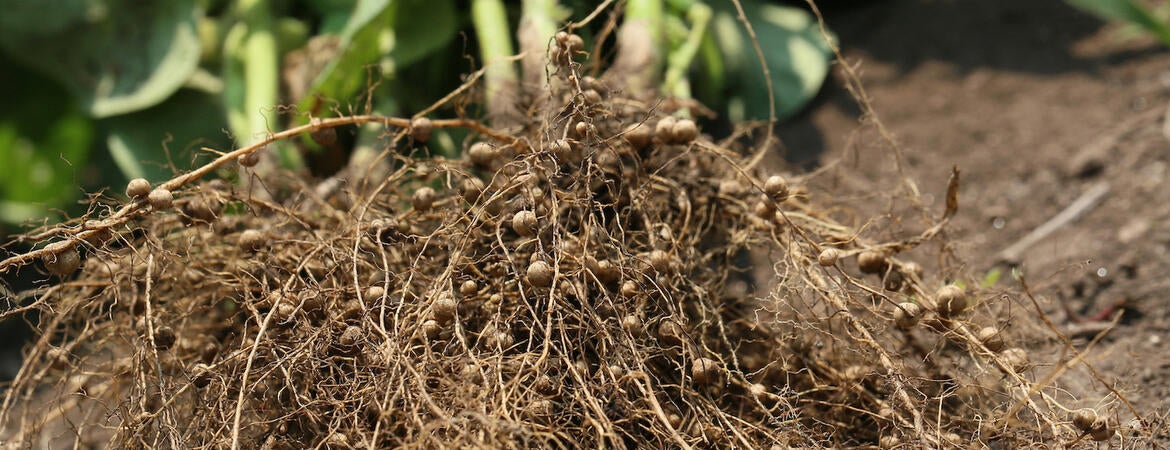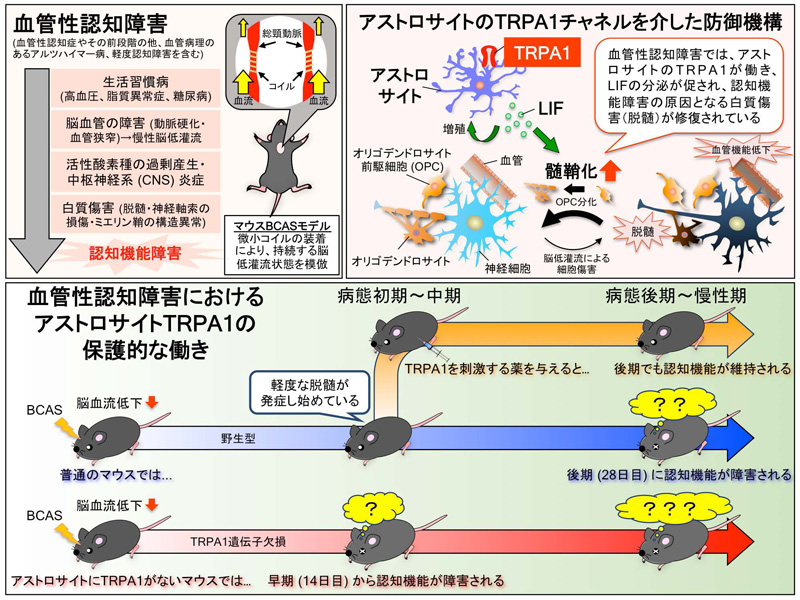2023-07-24 カリフォルニア大学リバーサイド校(UCR)

◆研究により、土壌中の有益なバクテリアの競争が、植物への提供する利益を低下させることがわかりました。研究チームは、バクテリアの組み合わせを用いて実験を行い、微生物同士の競争の過程を理解しました。これにより、持続可能な農業における微生物の効率的な利用について新たな研究の方向性が開かれました。
<関連情報>
- https://news.ucr.edu/articles/2023/07/24/study-improves-understanding-how-bacteria-benefit-plant-growth
- https://www.cell.com/current-biology/fulltext/S0960-9822(23)00867-9
根粒菌間の競合的干渉が宿主への利益を減少させる Competitive interference among rhizobia reduces benefits to hosts
Arafat Rahman,Max Manci,Cassandra Nadon,Ivan A. Perez,Warisha F. Farsamin,Matthew T. Lampe,Tram H. Le,Lorena Torres Martínez,Alexandra J. Weisberg,Jeff H. Chang,Joel L. Sachs
Current Biology Published:July 24, 2023
DOI:https://doi.org/10.1016/j.cub.2023.06.081
Highlights
•Multiple strain inoculation caused hosts to receive reduced symbiotic benefit
•Coinoculated hosts were nodulated at lower rates, indicating strain interference
•A marginally beneficial strain was highly competitive for nodulation
•The dominance hierarchy suggests polygenic drivers of strain competition
Summary
The capacity of beneficial microbes to compete for host infection—and the ability of hosts to discriminate among them—introduces evolutionary conflict that is predicted to destabilize mutualism. We investigated fitness outcomes in associations between legumes and their symbiotic rhizobia to characterize fitness impacts of microbial competition. Diverse Bradyrhizobium strains varying in their capacity to fix nitrogen symbiotically with a common host plant, Acmispon strigosus, were tested in full-factorial coinoculation experiments involving 28 pairwise strain combinations. We analyzed the effects of interstrain competition and host discrimination on symbiotic-interaction outcomes by relativizing fitness proxies to clonally infected and uninfected controls. More than one thousand root nodules of coinoculated plants were genotyped to quantify strain occupancy, and the Bradyrhizobium strain genome sequences were analyzed to uncover the genetic bases of interstrain competition outcomes. Strikingly, interstrain competition favored a fast-growing, minimally beneficial rhizobia strain. Host benefits were significantly diminished in coinoculation treatments relative to expectations from clonally inoculated controls, consistent with competitive interference among rhizobia that reduced both nodulation and plant growth. Competition traits appear polygenic, linked with inter-strain allelopathic interactions in the rhizosphere. This study confirms that competition among strains can destabilize mutualism by favoring microbes that are superior in colonizing host tissues but provide minimal benefits to host plants. Moreover, our findings help resolve the paradox that despite efficient host control post infection, legumes nonetheless encounter rhizobia that vary in their nitrogen fixation.


